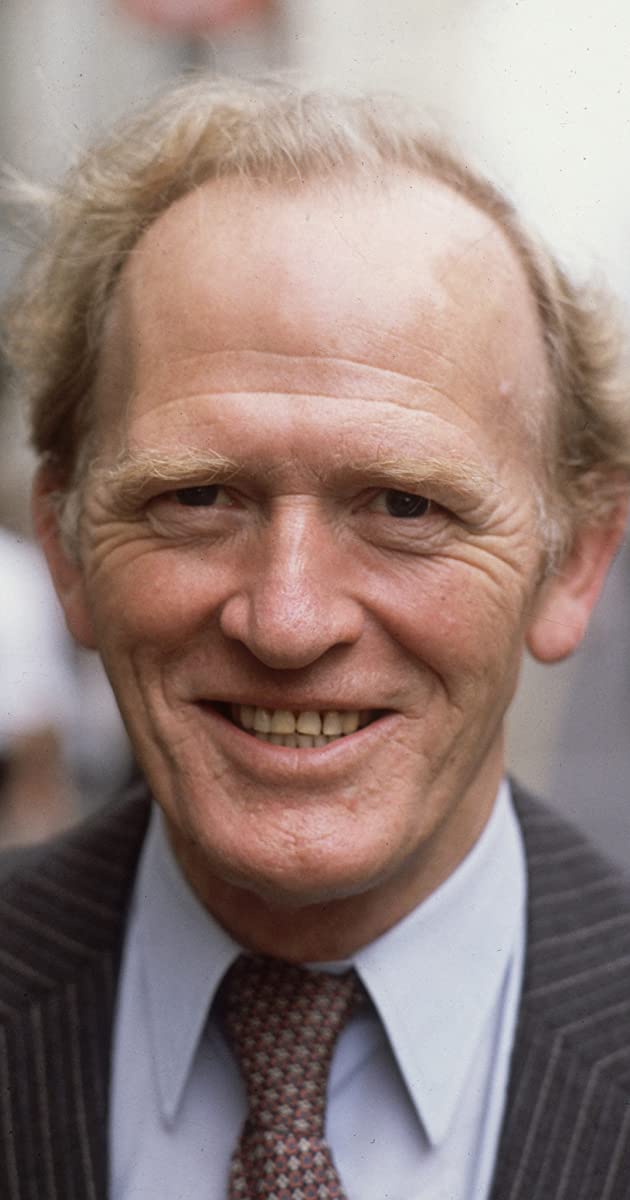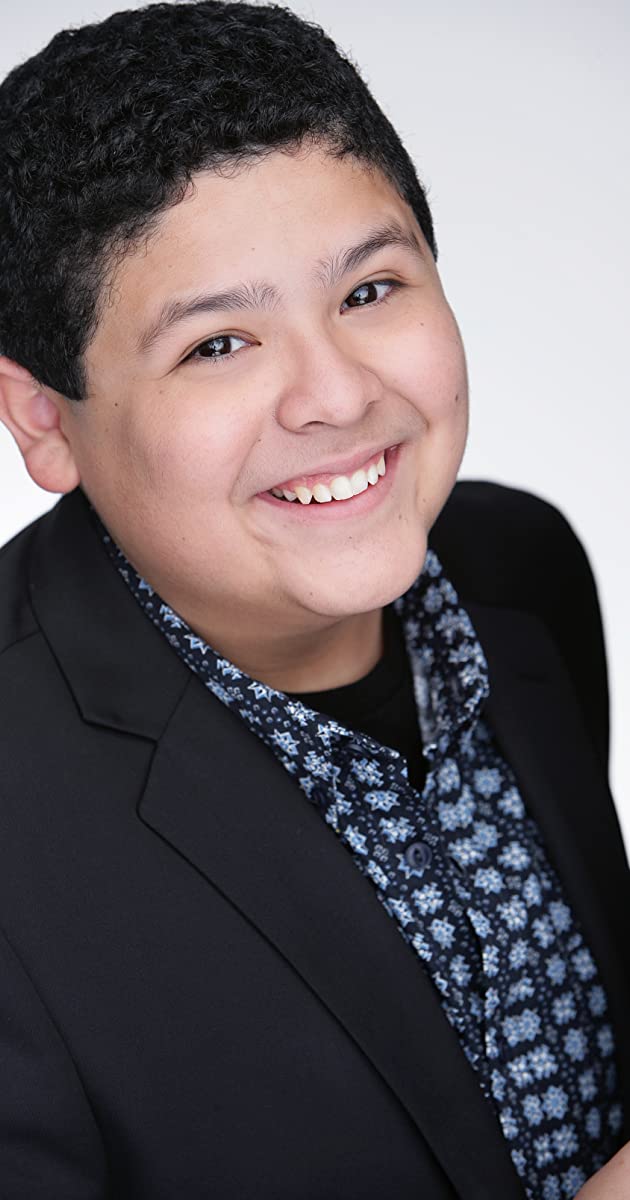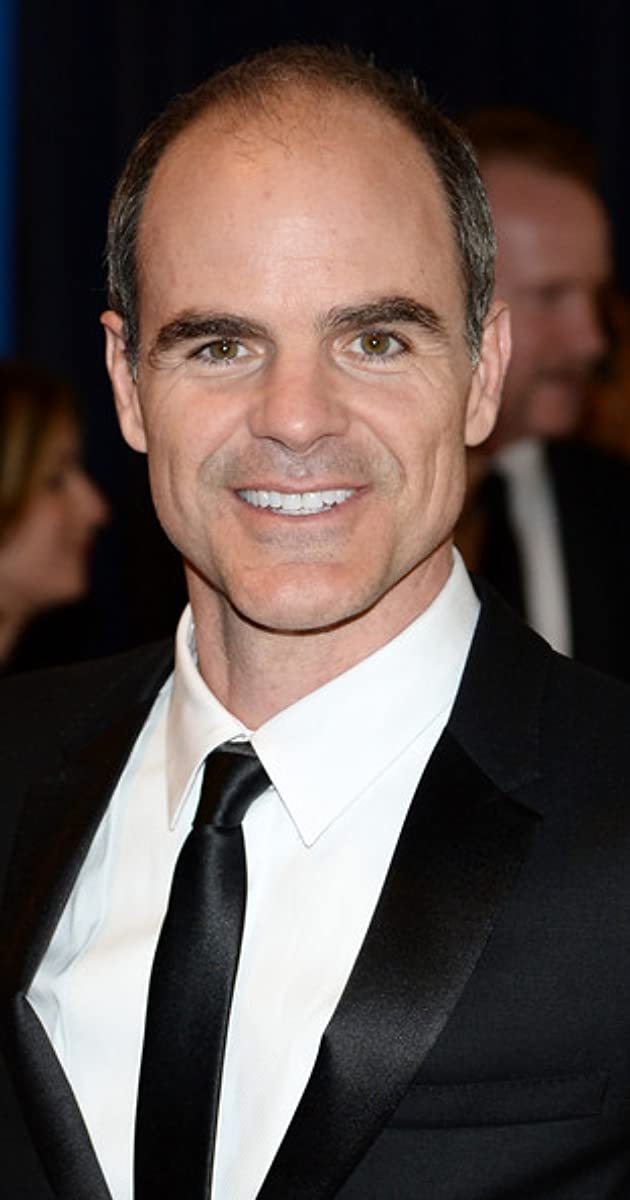
Gordon Cameron Jackson was born on December 19, 1923, in Glasgow, Scotland, the youngest of five children, whose father taught painting in the city. His interest in acting began during his school years, when he took part in many amateur productions. This led to him being spotted by the BBC, and that led to work in such radio shows such as “Children’s Hour” followed. However, by age 15 he left school and went to work for Rolls-Royce. However, when some film producers were looking for a young Scot for a role in The Foreman Went to France (1942), “The Beeb” hadn’t forgotten Gordon (even if he had forgotten them) and recommended him.
His abilities as an actor really came to the forefront at age 20 with his appearance as an airman in Millions Like Us (1943). Although his roles were limited by his Scottish accent, his versatility won him many film and TV roles in a career spanning almost 50 years. He was a very prolific actor and, although not always starring in high-profile films, he was rarely out of work. His early career also included work in radio and repertory theater in Glasgow, Worthing and Perth. He made his London stage debut in 1951, in the long-running farce “Seagulls Over Sorrento”. Later stage roles included Horatio in “Hamlet”, Banquo in “Macbeth”, Ishmael in “Moby Dick” directed by Orson Welles and a range of other parts both classical and modern.
In 1949 he starred in the film Floodtide (1949) alongside Rona Anderson, whom he married two years later. The couple had two children, Graham and Roddy. His film work remained steady throughout the 1950s and 1960s. In 1969 he played Horatio in Tony Richardson’s production of “Hamlet” at the Round House, and won the Clarence Derwent Award for Best Supporting Actor. However, the public didn’t really “discover” him until 1971 with London Weekend Television’s classic Upstairs, Downstairs (1971). This series set in the 1910s and 1920s concerned the contrast between the lives of a wealthy family (upstairs) and their servants (downstairs). He played the “middleman” butler, Hudson. The series lasted five years and aired in dozens of countries worldwide, and was particularly popular in the US.
In 1974 he was awarded British Actor of the Year award and a Supporting Actor Emmy in 1975 for “Upstairs, Downstair”. In 1977 came the long-running The Professionals (1977), an action-based crime series in which he played the tough, ruthless, wily head of a government agency called Criminal Intelligence (essentially a cross between MI6, Special Branch and the SAS). This was a complete (if temporary) change of direction for his career and he appeared to relish the challenge of playing an entirely different role. Despite the controversial depiction of violence, the series was hugely successful all over the world (except America, as the TV network executives there felt it too violent). Reportedly the British royal family were fans of the series, and in 1979 he was awarded OBE (Officer of the Order of the British Empire) for his services to drama. Shortly after completion of the series in 1981, he appeared in the Australian mini-series A Town Like Alice (1981).. He won Australia’s Logie award for this role. Yet despite his success, he claimed that he did not enjoy his own performances and never watched himself on screen, stating that he never felt very confident or comfortable in front of the camera or on stage.
Throughout the remainder of the 1980s he generally took small roles in TV and film projects. Tragically his career was cut short when, in 1989, it was discovered he had irreversible bone cancer. He passed away on 14 January 1990 at the Cromwell Hospital in South Kensington, London.


